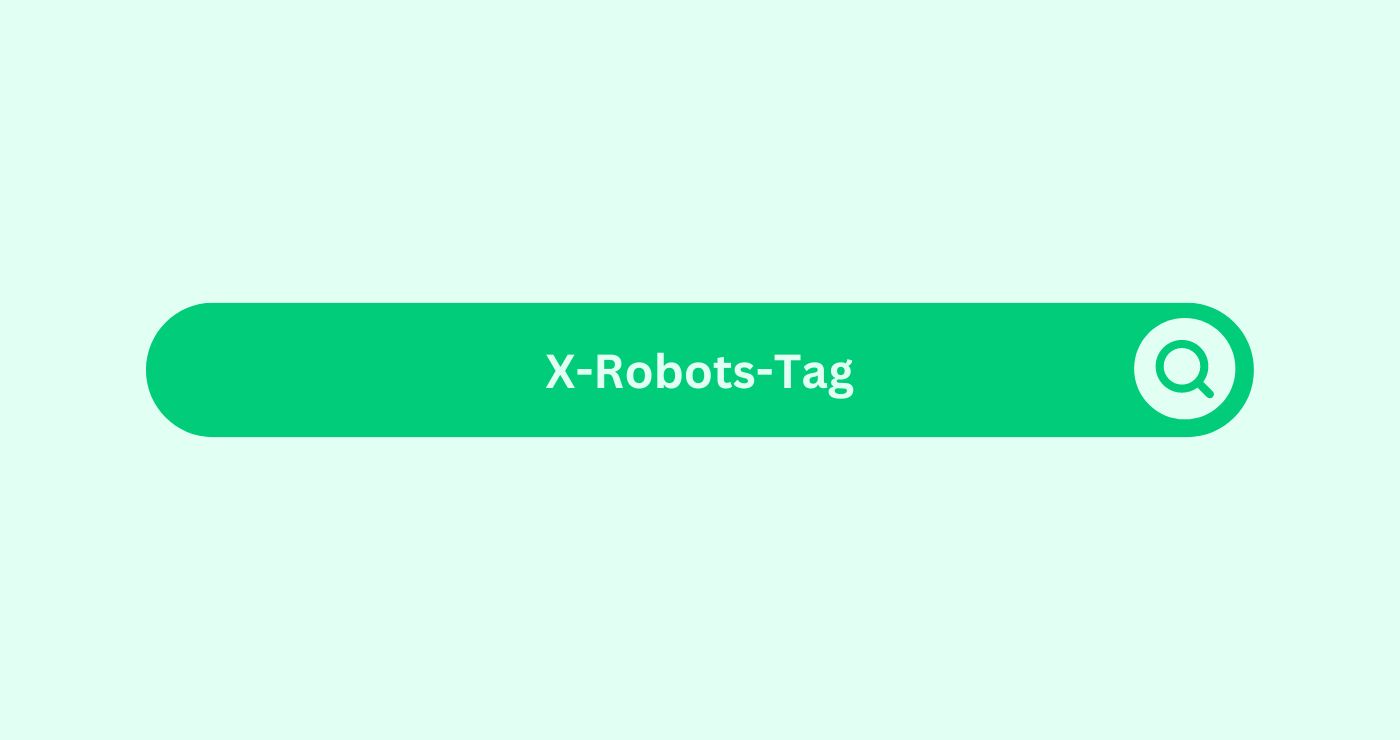Definition
Considering URL parameters’ SEO impact is vital for optimizing site visibility in search results.
How you can use
Suppose you have a webpage that contains sensitive information that is not intended for indexingDefinition Indexing in content marketing involves search eng... in search engine results. By using the “no index” directive in the X-Robots-Tag header, you can prevent search engines from indexingDefinition Indexing in content marketing involves search eng... the page, keeping sensitive content out of search results but accessible to direct users.
Key Takeaways
- Control Over IndexingDefinition Indexing in content marketing involves search eng...: X-Robots-Tag provides granular control over how search engine crawlersDefinition Crawlers, or spiders, are search engine tools tha... index and display web pages in SERPs.
- Directive Options: Key directives: “noindex” avoids indexingDefinition Indexing in content marketing involves search eng..., “nofollow” avoids link crawlingWhat is crawling in the context of SEO? Monitor SERP metrics..., and “noarchive” avoids content caching.
- Implementation Flexibility: X-Robots-Tag can be implemented at the page level using HTML meta tagsDefinition Meta tags are crucial in social media marketing t... or at the serverDefinition A Server in the SEO space refers to a computer sy... level using HTTP headersDefinition What are headers in e-mail marketing? Headers in ..., offering flexibility in application.
- Preventing Duplicate ContentDefinition Duplicate content in the SEO space refers to iden...: Using X-Robots-Tag directives like “noindex” can help prevent duplicate contentDefinition Duplicate content in the SEO space refers to iden... issues by excluding specific pages from indexingDefinition Indexing in content marketing involves search eng....
- SEO Optimisation: Proper use of X-Robots-Tag can contribute to SEO optimisation by ensuring that only relevant and valuable content is indexed and displayed in search results.
FAQs
What is the purpose of X-Robots-Tag in SEO?
X-Robots-Tag allows webmasters to control how search engine crawlersDefinition Crawlers, or spiders, are search engine tools tha... interact with and index web pages on their site.
How do you implement X-Robots-Tag directives?
X-Robots-Tag directives can be implemented either as HTML meta tagsDefinition Meta tags are crucial in social media marketing t... within the page's section or as HTTP headersDefinition What are headers in e-mail marketing? Headers in ... returned by the serverDefinition A Server in the SEO space refers to a computer sy....
What are some common X-Robots-Tag directives?
Common directives include "noindex" to prevent indexing, "nofollow" to prevent crawling of links, and "noarchive" to prevent caching of content.
Can X-Robots-Tag directives be combined?
Yes, multiple X-Robots-Tag directives can be combined to apply different instructions to search engine crawlersDefinition Crawlers, or spiders, are search engine tools tha....
Do X-Robots-Tag directives affect all search engines equally?
While major search engines like Google and Bing generally honor X-Robots-Tag directives, implementation and interpretation may vary across different search engines.
Can X-Robots-Tag directives be overridden by other factors?
In some cases, X-Robots-Tag directives may be overridden by conflicting directives or by manual actions taken by search engine operators
What is the difference between "noindex" and "nofollow" directives?
"Noindex" instructs search engines not to index a page, while "nofollow" instructs search engines not to follow linksDefinition of Follow Links Follow Links, also known as "dofo... on the page.
How can I verify if X-Robots-Tag directives are being honored by search engines?
Use tools like Google Search Console's URL Inspection tool to check how search engines are treating specific URLs based on X-Robots-Tag directives.
Are there any best practices for using X-Robots-Tag?
Best practices include using X-Robots-Tag directives judiciously, testing directives to ensure they're functioning as intended, and monitoring search engine behavior.
Can X-Robots-Tag directives impact website performance?
While X-Robots-Tag directives themselves don't directly impact website performance, preventing indexingDefinition Indexing in content marketing involves search eng... of certain pages can indirectly improve crawl efficiency and serverDefinition A Server in the SEO space refers to a computer sy... load.




